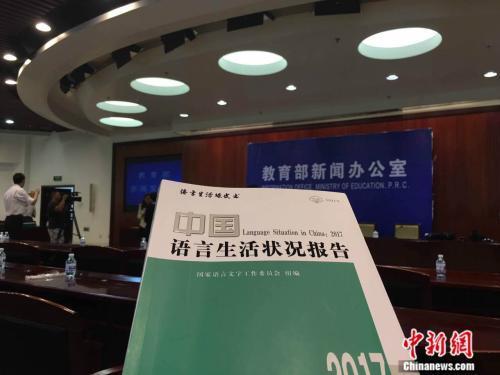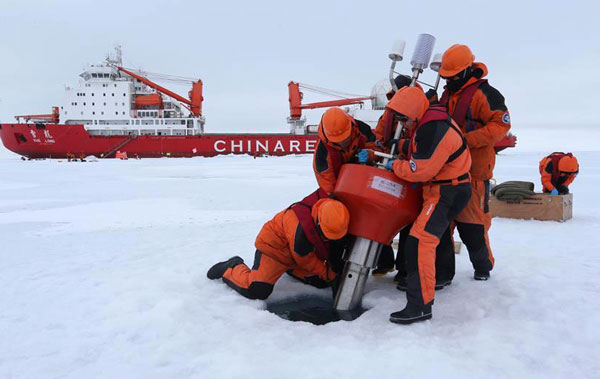‘Belt and Road’ among top media buzzwords: report
|
|
|
“Belt and Road”, “AlphaGo” and “emoji package” are among the most frequently used new words in Chinese media in 2016. [Photo/ Chinanews.com] |
“Mobike,” “AlphaGo” and “emoji package” were among the most frequently used new words in Chinese media in 2016, according to a report released Tuesday.
Other popular terms included “Long March spirit,” “South China Sea” and “Tiangong-2,” said the report released by China’s Ministry of Education and the State Language Commission.
The annual report, which was the 12th of its kind, was compiled based on information from the language database of the National Language Resource Monitoring and Research Center.
According to the report, “rule,” “small goal,” “change” and “Belt and Road” were the most popular terms of the year.
Linguists noted that media frequently used the word “rule” to express the citizens’ increasing awareness of abiding by regulations under changing circumstances.
The popularity of “small goal” was a demonstration that the Chinese people are positive and practical. “Change” and “Belt and Road” represented citizen’s common aspirations for interconnectivity and win-win cooperation, said linguists.
Widely used terms in “bullet screens” and car stickers were also included in the report. Terms such as “baby onboard” reflected changing values and sentiments of the public, the report said.
Experts noted the emergence of low-brow terms in “bullet screens” and car stickers, calling for stronger guidance and supervision.

